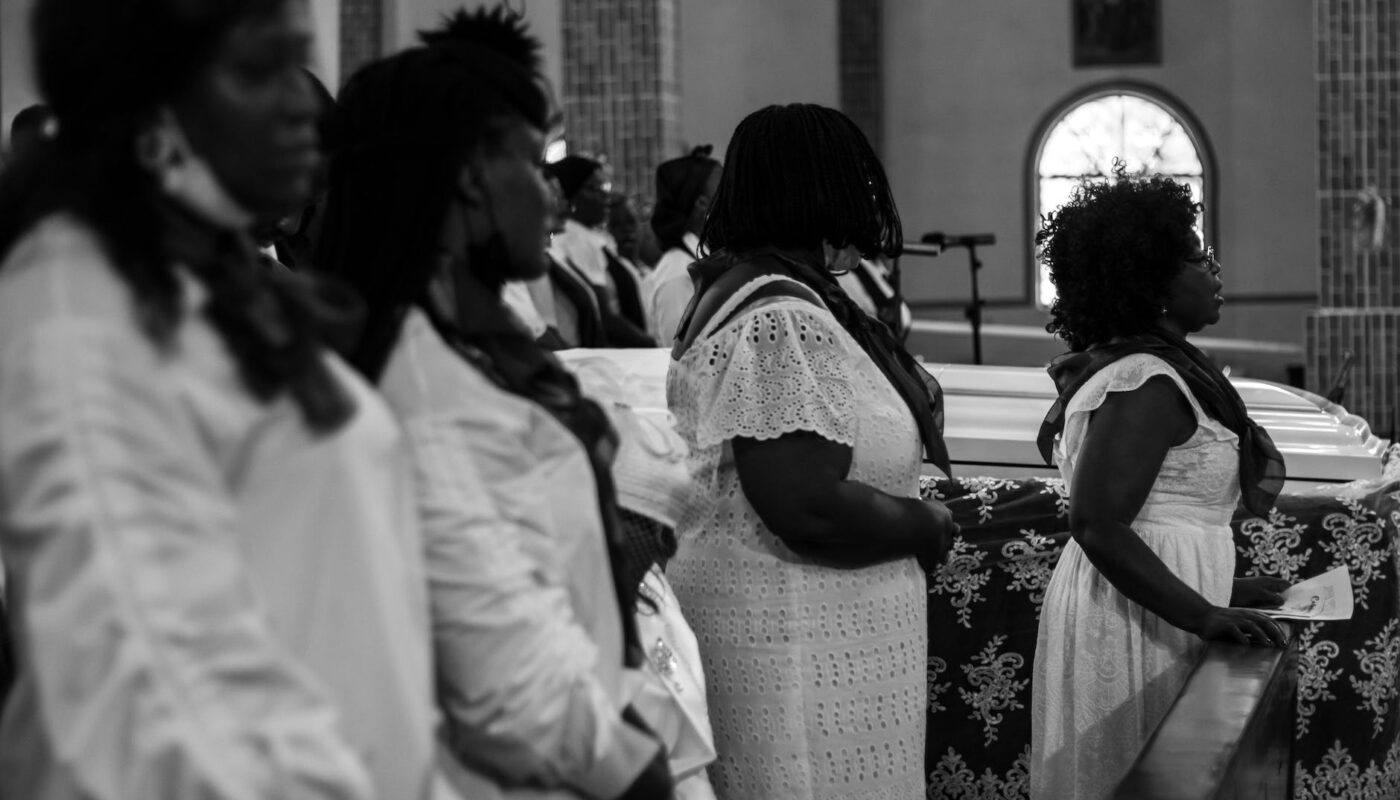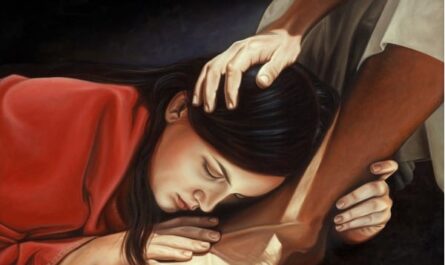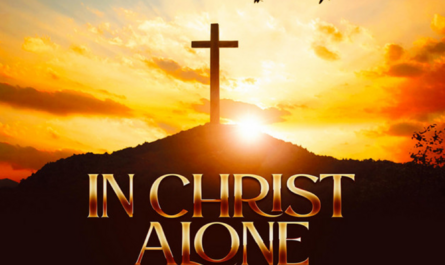By Reuben Kigame
One afternoon after Sifa Voices and I ministered in a Sunday service where we presented two songs in English and the rest from our African repertoire, the Minister of the congregation told me, “I never imagined you can sing in English! And you did it so well.”
For a second, I did not understand the meaning of the remark but, in a flash, it dawned on me what he meant. He had not heard me perform English songs.
I was half sad and half happy. Half sad because he had not been exposed to my numerous English songs, but half happy because it meant my ministry goal for the East African Church had been accomplished.
Back in 1996 I was disturbed by two things rather intensely, leading to my deliberate decision to write music for the East African Church to create a music revolution in Kenya, Tanzania, Uganda, Rwanda, Burundi and Congo.
First, it dawned on me that most of the African radio stations played a lot of American and European music and seemed to be proud of it. Shockingly, in all my travels in America and Europe, I had hardly found a station that played African music, save a few tracks on stations like the BBC that had African programming. I felt they were not thinking about it and most of them did not care if African music existed.
Second, every church I attended was fascinated by the latest American, European and Australian worship music, ranging from Ron Kenoly to Don Moen, Michael W. Smith to Darlene Zschech and groups like Maranatha and the Brooklyn Tabernacle Choir.
I was hungry to change all this. I wanted a revolution. This led to the recording of my 11-track entirely Swahili album which included songs like Bwana ni Nuru Yangu, Fadhili Zake ni za Milele, Bwana ni Mchungaji Wangu, Hapana Jina Jingine, Nitainua Macho Yangu and the title track, Wastahili Bwana. These and many others to come in subsequent years were drawn directly or by inference from the Psalms and other Bible passages.
Although I recorded my second 1998 worship album in English (titled Worthy is the Lamb), which is still cherished by many who attended our concerts, it was not as popular as Praise Across Kenya (1999), Come with Me (2000), Ombi Langu (2002), Tulia (2008), Usifadhaike (2016) and Lipo Tumaini (2019), which became adored for their African identity.
Strangely, when Douglas Jiveti and I released “God’s Reggae” in 2005, it was cursed by the elderly but wildly celebrated by the youth. On the launch date, the wazee were so mad at our bringing reggae to the church that they turned off the electricity supply to stop the concert after the third song with nearly four thousand youth and a few adults in attendance. But the revolution was on despite the opposition. As a matter of fact, arranging worship music using contemporary African idioms became so popular that achieving my intended revolution was not as difficult as I had envisaged.
As I write this article, my heart rings with deep gratitude to see so many artistes in Eastern Africa writing songs with African identity and expression in Swahili, Luganda, Lingala, Kinyarwanda, Kirundi, etc.
Tanzania has particularly taken the lead in releasing Swahili worship music. Most East African Churches and media now celebrate the productions of artistes like Rehema Simfukwe, Boaz Danken, Joel Lwaga, John Lisu and groups like Essence of Worship. What many do not know is that the fruits are a result of many seminars the late Fanuel Sedekia and I held to train artistes and choirs in East Africa on how to write contemporary African worship music.
Locally, many of us continue to write songs in vernacular languages. I have written new songs or translated some of my worship music into Luhya, Dholuo, Ekegusii, Kalenjin, Kikuyu, Kitaita, etc. Friends like Maggie Gichuki, Nancy Karua and my sister-in-law Charity Mwendwa have assisted me with translations into Gikuyu. Mercy Mwshigwa and Rozina Chao have helped me with Kitaita, Jane Obuchi, Ekegusii and Angeline Onyango, Dholuo.
On the Lipo Tumaini album, I have one song I wrote in Hindi and one track with multiple languages, ranging from Shona to Afrikaans, Somali, Arabic, Kirundi, Akan, Portuguese and Yoruba among others. The purpose remains to create music for the African Church as well as inspire compositions in as many African tongues as possible.
The purpose remains to create music for the African Church as well as inspire compositions in as many African tongues as possible.
I am excited to see the work of Sinach, Nathaniel Bassey, Elijah Oyelade and Dunsin Oyekan spread to East African media and churches. It is hoped that, as East and West African congregations and media publish South African and Zimbabwean music, these regions will embrace music from other parts of Africa. Although it may look like a long shot, it is my dream that sub-Saharan Africa will embrace North African music and vice versa.
Urban congregations
There is still a long way to go in persuading African congregations to use African music. Indeed, in many cities across the continent, pastors and worship leaders still prefer liturgy in English or French and view the inclusion of African songs as privileged hard work. In some cases, worship teams are reminded that the assemblies are urban, hence they should stick to English or French repertoires. When African songs are presented, one can almost sense an attitude of favour, if not a sense of guilt and the lowering of class. Bottom line, Western music is viewed as superior to African music, if not “holier” and more convicting.
In some congregations, we still have to look for interpreters to render sermons from English to Kiswahili even though the English preachers are as dark-skinned as everyone else in the assembly.
Most African Christians cannot read the Bible in their vernacular languages and if they tried, they would be cheered as if they had won a marathon, despite their deplorable feats. Some of us who travel from Africa to London, Boston or Canberra and attend African congregations tend to look down upon or outrightly criticize ministers who start services in African languages, even attributing naivety, pride and arrogance to the efforts.
What is my point? The Church in Africa is still struggling with social identity many years after independence.
The Church in Africa is still struggling with social identity many years after independence.
As an African songwriter, worship leader and apologist, I wish to encourage the demystification of worship using African idioms. Why? At least for three reasons.
First, African Christianity needs to be decolonized. God does not exclusively communicate with humanity in English, Portuguese or French. Indeed the Bible was initially penned in Hebrew, Aramaic and colloquial Greek.
As I have argued in chapter 1 of my recently-published book (Essays in African Christianity and Theology), the real power of the incarnated Christ is not only an understanding that Jesus is Immanuel (God with us) but also that God is universal and speaks our languages.
When John writes in his Gospel (chapter 1:14) that “the Word became flesh and dwelt among us … full of grace and truth,” it means in part that Jesus is as Middle-Eastern and African as He is Aborigine, Korean and Dalit. We should thus desist from imagining that Western songs are superior or holier than African songs or the Bible read in French is more heavenly than if it were read in Zulu, Hausa, Dinka, Amharic or Acholi.
Second, God’s heart beats for Africa and enjoys African music to the point of allowing it to influence world music. I almost hear Zephaniah shouting in 3:10 that “beyond the rivers of Ethiopia my scattered ones shall bring my offering…” and, to me, that offering includes the diversity of African music.
I hear Isaiah say in 18, “Beyond the rivers of Ethiopia there is a land where the sound of wings is heard. From that land ambassadors come down the Nile in boats made of reeds. Go back home, swift messengers! Take a message back to your land divided by rivers, to your strong and powerful nation, to your tall and smooth-skinned people, who are feared all over the world. Listen, everyone who lives on earth! Look for a signal flag to be raised on the mountaintops! Listen for the blowing of the bugle!”
A lot of musical idioms and expressions we call Western today were taken from Africa. Compound drumming is an exclusively African phenomenon. Reggae, Jazz, Blues along with the pentatonic modes had their origin in Africa. Some of the best dances, costumations as well as repetition and improvisation in music can be traced to Africa. These need to be celebrated and acknowledged as God’s gifts to the world from the continent of melody, vibrance, colour, rhythm and rhyme.
Some of the best dances, costumations as well as repetition and improvisation in music can be traced to Africa. These need to be celebrated and acknowledged as God’s gifts to the world from the continent of melody, vibrance, colour, rhythm and rhyme.
Indeed, right from the Day of Pentecost when Egyptians and Libyans heard God speak to them in their own tongues, Africa has been singing the Gospel.
The story of the “Ethiopian Eunuch” (more accurately the Nubian Eunuch), is about the translation of both Scripture, tune and idiom into African identity.
As early as then, Africa and the Middle East were as connected as the expressions in my “Lipo Tumaini” album that is a celebration of the diversity of language, style and worship idioms in the global Church.
Last but not least, heavenly worship as described in Revelation 7:9 is predicted to be diverse and cross-cultural. God will not admit them into heaven on the basis of class or colour of their skins. Their identity is the same in the light of Scripture. We read in Revelation 7:9-17:
“After this I looked, and there before me was a great multitude that no one could count, from every nation, tribe, people and language, standing before the throne and before the Lamb. They were wearing white robes and were holding palm branches in their hands. And they cried out in a loud voice:
“Salvation belongs to our God,
who sits on the throne,
and to the Lamb.”
All the angels were standing around the throne and around the elders and the four living creatures. They fell down on their faces before the throne and worshiped God, saying:
“Amen!
Praise and glory
and wisdom and thanks and honor
and power and strength
be to our God for ever and ever.
Amen!”
Then one of the elders asked me, “These in white robes—who are they, and where did they come from?”
I answered, “Sir, you know.”
And he said, “These are they who have come out of the great tribulation; they have washed their robes and made them white in the blood of the Lamb. Therefore,
“They are before the throne of God
and serve him day and night in his temple;
and he who sits on the throne will shelter them with his presence.
‘Never again will they hunger;
never again will they thirst.
The sun will not beat down on them,’ nor any scorching heat.
For the Lamb at the center of the throne will be their shepherd;
‘He will lead them to springs of living water.’ ‘And God will wipe away every tear from their eyes.’”
Let us not be ashamed of our musical identity. God loves it. The world admires it.
Reuben Kigame is a musician, teacher, broadcast journalist, apologist, social activist and statesman from Kenya.



